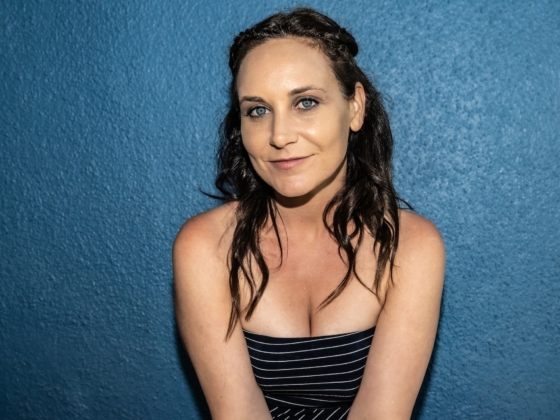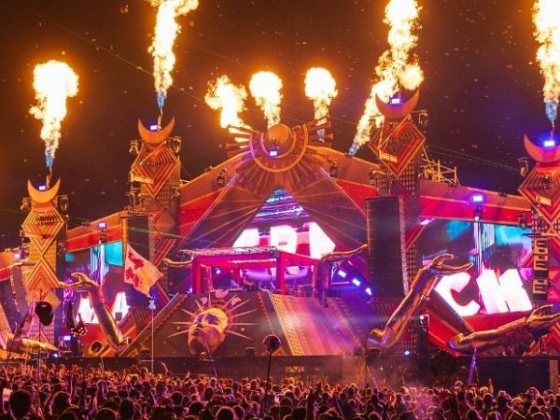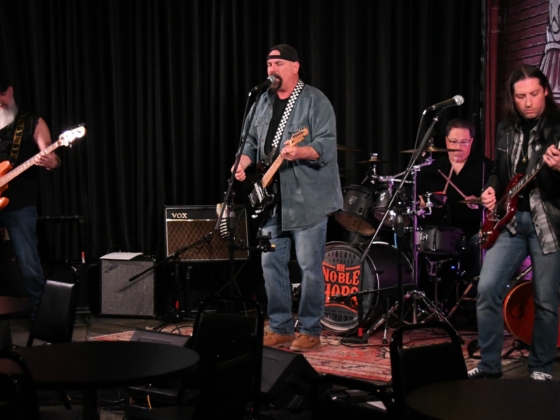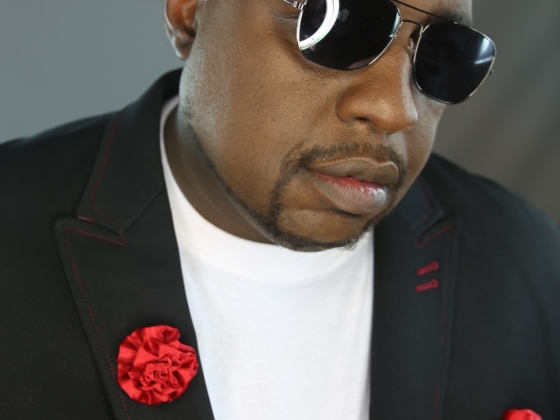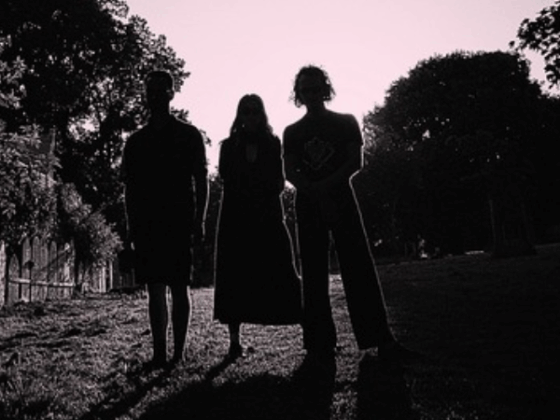Nutsa has shared a vibrant new summer dance track called "All My Life". Nutsa is an artist hailing from Georgia known for her electrifying performances as a finalist on American Idol and Eurovision- who has garnered momentum for her infectious, colorful take on pop in her home country and beyond. Her latest song "All My Life", produced and written by Grammy-nominated hitmaker Davy Nathan, blends electrifying rhythms, powerful vocals, and lively instrumentation with a message of passionate, enduring love- the kind that gets people dancing all over the world.
"All My Life" builds an energizing soundscape based around vital synths layered atop a bouncy rhythm section. As pulsating drums and booming bass create a solid foundation beneath her, Nutsa delivers sharply-crafted melodies with an invigorating delivery, building into a sleek, ear-worm chorus.
Georgian artist Nutsa's latest song "All My Life" combines pop, electronic, and dance elements for a heartfelt summer anthem bristling with energy and joy.





